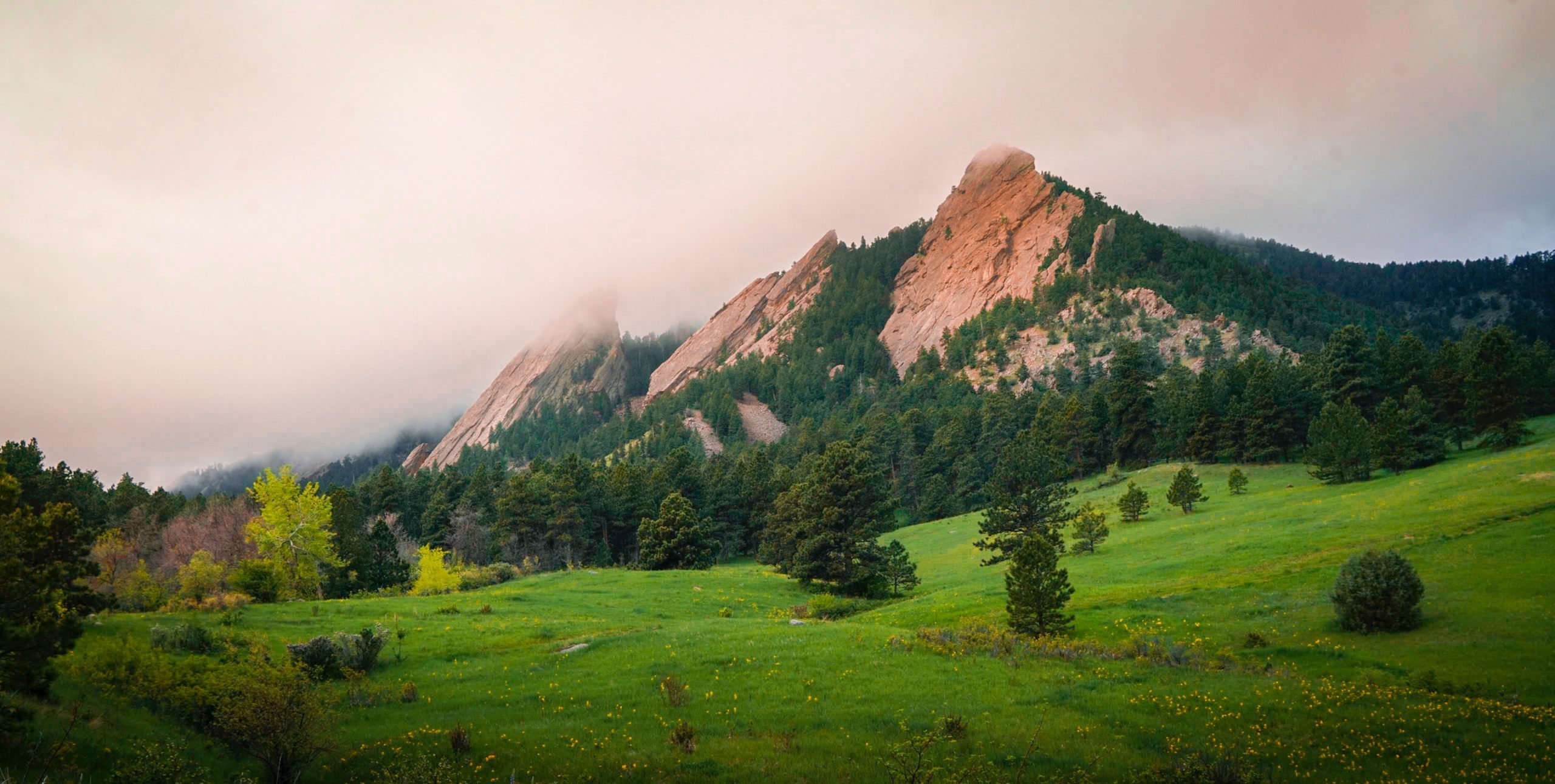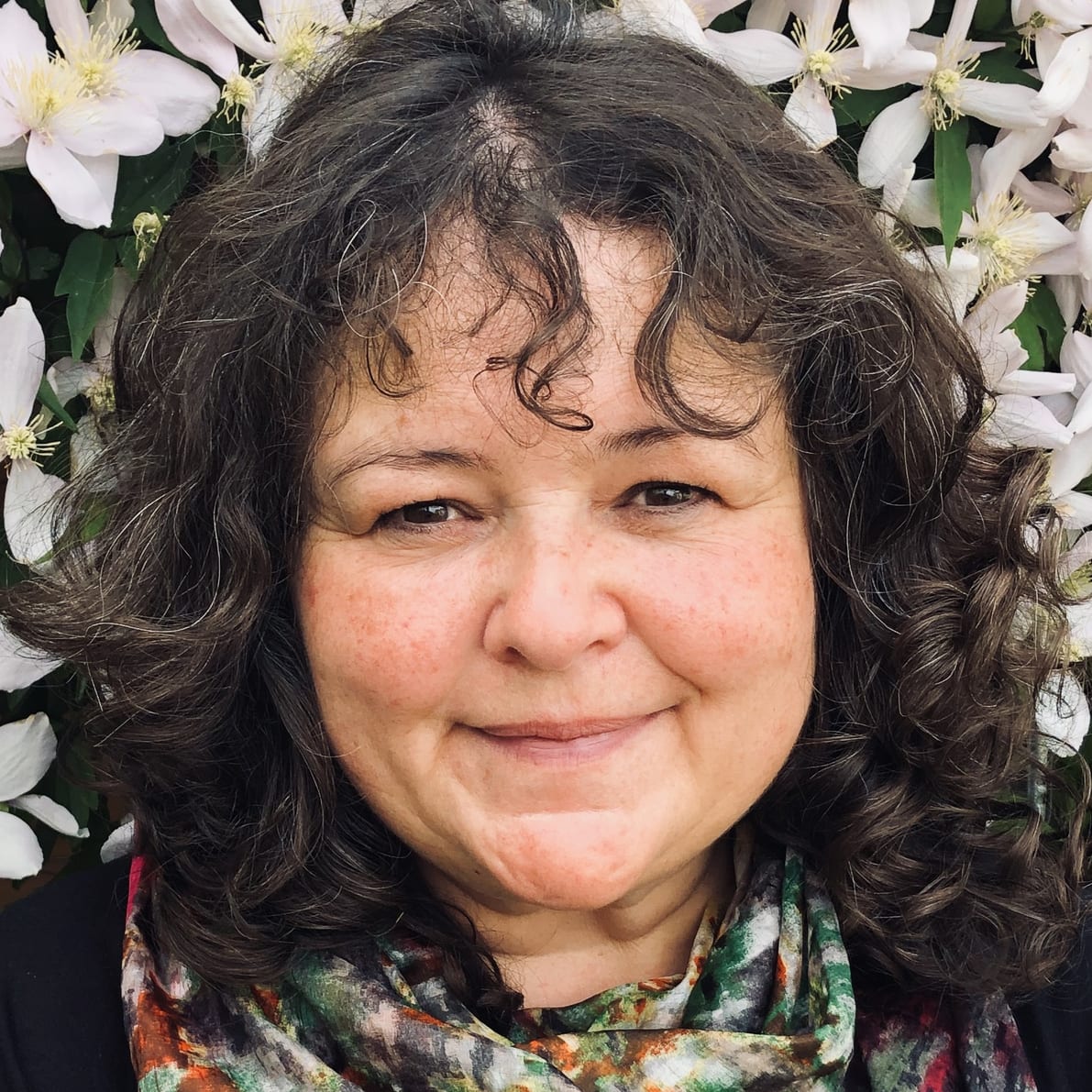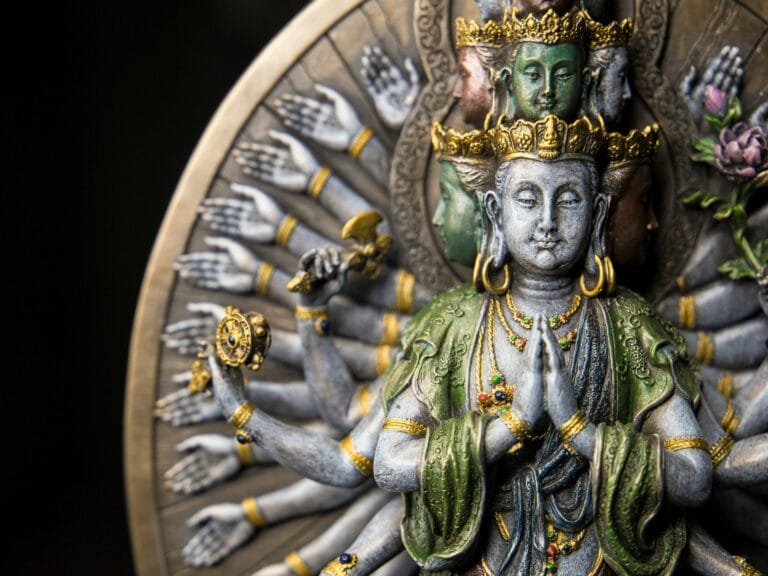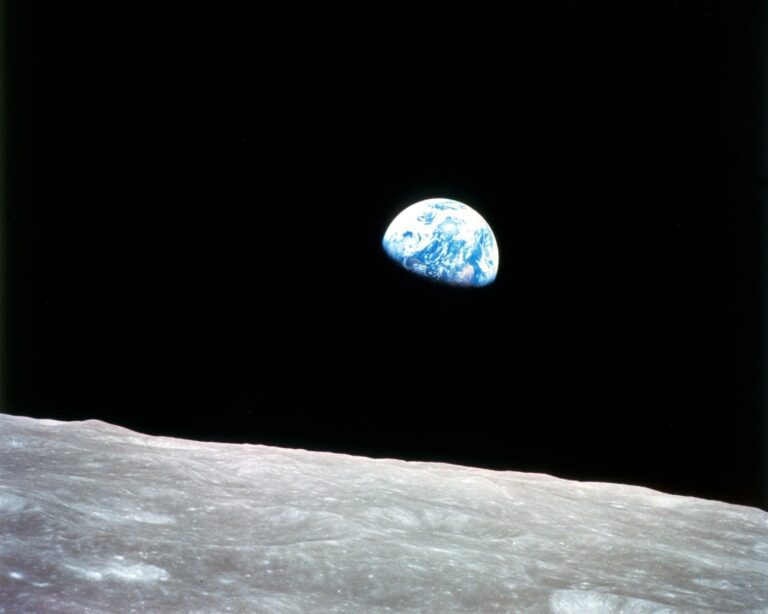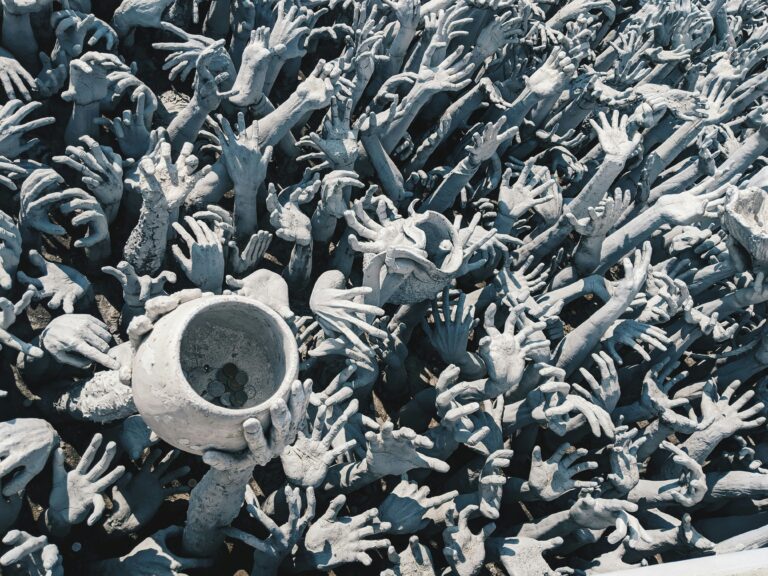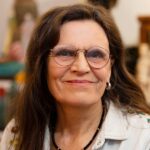I didn’t know Wynn Alan Bruce personally, in everyday life. I haven’t sat next to him in a crowded meditation hall or bumped into him buying vegetables at the local market. I knew him as a name and a face on a Zoom square, sitting meditating together as many of us have done week in, week out, since the beginning of the Covid-19 pandemic. Beloved virtual sangha friends, most of whom are Colorado-based, some scattered further afield in the US and a few stray seeds from across the world who’ve been lucky enough to blow into this online sangha. I’m one of those seeds, thanks to being invited to sit with my friend and mentor David Loy for his Friday sit, which extended into meditating on other days, with other teachers, too. It’s been an amazingly welcome refuge at a time when I found myself ‘between sanghas’.
It was one hell of a jolt to read the email informing us of Wynn’s death. It was a further jolt to take in how he died. Wynn set fire to himself, self-immolating, on the steps of the Supreme Court in Washington DC at 6.30pm on April 29th, Earth Day. An immediate rush of sensations and emotions. Disbelief (how? what?). Silent respect (a wordless desire to bow, slowly). Horror (tightening skin, dry throat, my empathic parts spontaneously attempting to attune to his last moments). And heart care in the face of heart break for those he left here on earth.
He has woken me up to think again what I’m doing, how I’m doing it, why I’m doing it, who I’m doing it with, in the face of devastating climate emergency, in futile wars.
We were roaming through the Preseli mountains in West Wales as we took in news of Wynn’s death. A few hours before we had been visiting my ageing mum in law and now, journeying homewards, meandered up through the Cwm Gwaun, bursting with life: leaves glinting in their newly-emerging emeraldness, sunlight bouncing off the rocks and the shimmering surface of the burbling river Gwaun. Tiny rabbits nibbling grass by the safety of the ancient hedgerows. So much life in absorbing this tremendous, hard to hear, death. The beauty was a little overwhelming – almost too much. On reflection it was fitting, too, for someone who evidently loved this precious planet as Wynn did, so committed to drawing our attention to its destruction.
Returning home to Bristol late last night I made the mistake of reading responses to Wynn’s death on social media. Speculation, mainly from others who also didn’t know him personally, ranged from judgement, condemnation, and ridicule, to praise and solidarity. The worldly winds were alive and well and blowing hard as the news spread of Wynn’s death, as well as love and respect for him.
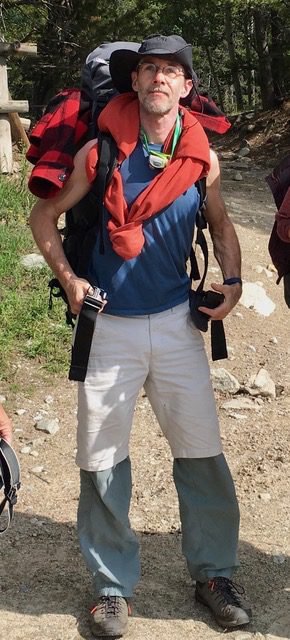
It’s hardly surprising that the worldly winds were blowing hard. Understanding self-immolation is challenging for most of our egos, it is certainly a blowing challenge to mine. This is hardly surprising, on a human, existential level. The emphasis of life and growth over death and decline is underlined by the brainwashing of our times. The depth of our individualism is engrained in us from the get go; the consuming, narcissistic nature of much consensus reality of the Global North. We’re immortal, the centre of the universe, no? At least, that’s the commercial myth, buying and succeeding our way to pleasure, praise, fame and gain.
As a Dharma practitioner who has personally vowed to practise to not take life in any form, part of me finds it agonising witnessing Wynn’s action. I also find it agonising how the climate emergency is taking lives, although for most – not all – of us in the Global North the scale of these losses have not yet fully arrived at our door step. Reading the comments online last night, seeing how frequently climate change is still hotly denied, I maybe understood a bit more about the finality of Wynn’s chosen method, in the face of such active climate change denialism.
I hope I’ve managed to avoid speculating about Wynn and his last moments. My words are here to appreciate him. Sitting here writing this Monday morning, ahead of me is a huge 600 year-old oak tree, seemingly permanent in a world where so much is in flux, where there is so much hatred, where humans are excelling at ‘threatening themselves with death’ (words from Pablo Neruda’s ‘Keeping Quiet’ poem), it’s hard to breathe slowly enough to appreciate even everyday acts of kindness.
Sitting here, I am most struck by Wynn taking action. He took action in a way I can never imagine taking action. In a sense he didn’t even simply take action, he embodied action, taking his place amongst those who have self-immolated for something which matters to them more than their own life – if in fact, there is truly such a thing as our ‘own’ lives, ultimately. Part of me thinks it’s saintly, while another part passionately disagrees, ‘no, Wynn, come back!’ it almost shouts, the part that can’t see the sense in ascetic practice, let alone self-immolation. Once I breathe a bit and drop beneath this inner fight I sense sorrow and the deep longing that we could live, just for a week, or a month, in a world where we didn’t see good people dying for their closest held convictions and loves because of the embeddedness, the everyday sanctioning of our human greed, hatred, and delusion. The mindless destruction of late-stage capitalism and our refusal – inability, even? – to stop and listen to one another and the earth and her beings.
So easy to take to social media to wildly speculate, so hard to act in the world, skilfully, meaningfully and in a way which is authentic.
In the light of Wynn’s life and death I sense most keenly my own deep attachment to life, my thirst for life, thirst for being here, in this sensing human body. I feel disquiet at the strength of this attachment and the yawning desire to eke out every last moment of this life, fighting hard, as I have just witnessed at close hand in my mum in law, as she takes on the more ugly, challenging aspects of old age and sickness, tug-of-warring with reality and the fading of that most illusory of things: ‘independence’. I take heart that she lives beneath Carn Ingli, mountain of angels, the last of the Presli’s peaks before the earth drops sharply into the Irish Sea. May they keep a good eye on her whilst we are not near. May the angels extend their view to Wynn, too, on his way.
The respect I feel for Wynn, that longing to bow to him, sitting on the marble white steps of the Supreme Court, is for his action, where so many of us take so little action. So easy to take to social media to wildly speculate, so hard to act in the world, skilfully, meaningfully and in a regenerative way which is also authentic. Wynn’s death and his choice of action have stopped me abruptly and uncomfortably in my tracks. He has woken me up to think again what I’m doing, how I’m doing it, why I’m doing it, who I’m doing it with, in the face of devastating climate emergency, in futile wars. Wynn, you got me writing at a time when my pen has been running dry, for which I thank you, for a start.
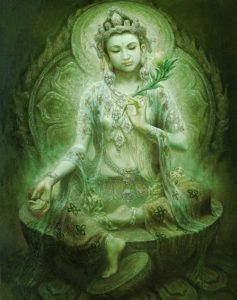
I hope and pray my words don’t offend. Wynn wasn’t my son, brother, close friend, or student, so it is so very much easier for me to take in and digest the news of his life and death. I have the luxury of reflecting without enduring shock, or the devastating belly blow of remembering he left us, on waking each morning, or the all-too human and understandable response of wishing I had known of his plans, wishing I could’ve found a way to keep him here, which I would surely feel, had he been a close one. I am not traumatised by the nature of his death. Nor am I angry with him, as I would have been had he been my brother or lover or son. All that said, I will surely miss his presence when I sit with the sangha in Boulder and beyond. His absence will be keenly felt, and Earth day will have regained a gravitas in the coming years as its marking includes his remembrance.
May we all keep showing up, sitting together, for the sake of ourselves, our practice, and all of life. May we show up Green Tara style, with our trainee bodhisattva, or ecosattva legs; one tucked up in meditation posture, the other stepping out in action, taking action, being action, guided by all the infinite love and wisdom we can embody.

